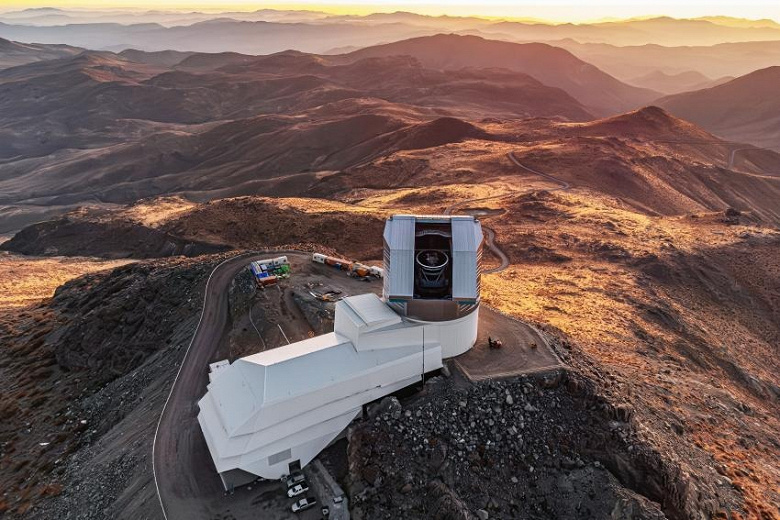Introduction: A Paradigm Shift in Cosmological Understanding
In a groundbreaking study, an international team of astronomers led by Professor Young-Wook Lee from Yonsei University in South Korea has proposed that the universe’s expansion may be slowing down, challenging the long-held belief in its acceleration. This revelation can spark a significant reevaluation of cosmological theories, particularly concerning dark energy and the universe’s future.
Reassessing Dark Energy’s Role
The classical cosmological model suggests that dark energy is a constant force driving the universe’s acceleration. This understanding, developed from the study of type Ia supernovae, earned the Nobel Prize in Physics in 2011. However, Lee’s team proposes that dark energy’s influence diminishes over time, requiring a reexamination of its interpretation and the so-called “Hubble tension.”
Influence of Star Populations on Supernova Observations
The team found that the brightness of type Ia supernovae is significantly affected by the age of their progenitor star populations. In older systems, the supernovae appear brighter than previously thought, while younger systems show a dimmer appearance. This discovery, backed by analysis of data from 300 host galaxies, suggests that prior assumptions about cosmic expansion rates need revision.
Challenging Lambda-CDM Models
The revised data indicates a discrepancy with the Lambda-CDM model, often used to describe dark energy as a constant force. Instead, the findings resonate more with alternative descriptions supported by the Dark Energy Spectroscopic Instrument (DESI) measurements, which consider baryonic acoustic oscillations and Cosmic Microwave Background data.
Experimental Validation and Future Discoveries
Researchers are conducting an “evolution-free test,” focusing on young, quasi-synchronous galaxies to validate their findings. The Vera Rubin Observatory in Chile, with its advanced capabilities, is expected to play a pivotal role by identifying new type Ia supernovae host galaxies, further testing the cosmological models. As noted by co-authors Professor Chul Chung and graduate student Junhyuk Son, this approach could set the stage for more stringent tests in cosmology.
Conclusion: A New Chapter in Cosmology
This research doesn’t conclusively overturn existing cosmological theories but offers a nuanced explanation for how subtle astrophysical effects can influence our understanding of the universe’s fate. Amid efforts to unravel dark energy’s nature and resolve discrepancies in cosmological measurements, this study makes experimentally verifiable predictions, guiding future explorations in cosmology.


